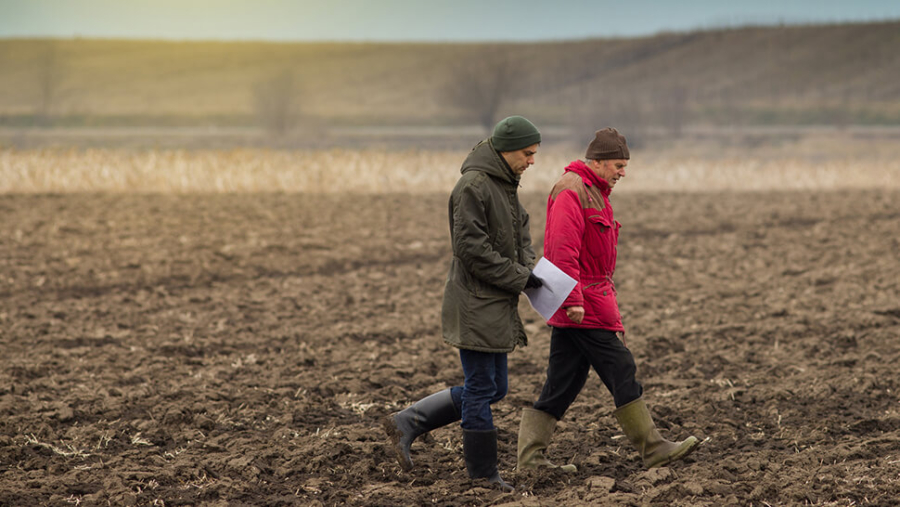

Many farms operate on a partnership business structure, but lack a written partnership agreement or only have an historic agreement that is no longer fit for purpose. This can be disastrous both personally and financially for all concerned.
Such a partnership is a relationship between people carrying on a business in common with a view to profit. Farm partnerships are easy to set up, without the formalities needed in other business structures, and are often based on the assumption that the family unit will prevail and will always operate on an amicable and trustworthy basis – sadly, not always true. Partners leave and new ones arrive, personal business approaches fall out of alignment, in-laws come on the scene and children are born! These can change the initial dynamic and often lead to ‘last resort’ litigation.
To create a sound farm partnership requires input from not only a lawyer but also accountants and farming consultants/agents, who can cover all the issues involved and ensure everyone knows where they stand. After all, partnerships involve the ownership of significant assets and wealth between partners and farming families which need to be protected.
In the absence of a written agreement (or if the written document doesn’t address everything), the often inappropriate ‘default’ provisions under the Partnership Act 1890 will be imposed on you. These are as follows:
- The partners are entitled to share equally in the capital and profits of the business and must all contribute equally towards losses (capital and income) whether that’s appropriate or not
- The death or bankruptcy of a partner will trigger the dissolving of the partnership
- The retirement of a partner will trigger dissolution, in some circumstances
- On dissolution, the continuing partners have no right to buy the outgoing partner’s share to continue the business – the default provision is that the partnership must be wound up and the assets sold, with each partner to be paid out of their capital share, once liabilities have been cleared.
The Act will apply, subject to any agreement between the partners to the contrary. So it is possible to vary partners’ mutual rights and duties, and if you don’t have a clear written agreement, partners must rely on a sensible agreement being reached between them to resolve any dispute.
Without a written agreement, it may not be clear how the land, buildings, live/deadstock and farmhouses are owned, information which you need in case of a dispute, because you need to understand whether assets are partnership property or are owned personally outside it. This can also have major tax implications from an Inheritance Tax, Agricultural Property Relief and Business Property Relief perspective.
An agreement can also set out how much time each partner should commit to the farm business – the Act does not cover this. Relying on the Act to remove a partner is fraught with difficulty whereas a partnership agreement can cover expelling a partner if they do not pull their weight.
The clearer the agreement is, the less scope there is for dispute and misunderstanding, but it does need initial investment in professional advice to get it right.
Succession planning is also vital; second families, inherited wealth from other sources and the high value of estates and farmland should be taken into account. Partners’ wills may include references to their partnership share, but the terms of any agreement should deal with how that share can be handled and offer the business further protection.
A comprehensive agreement will address a myriad of business issues – succession planning, tax, bankruptcy, retirement, land entitlements, split of profit/loss, valuation (book or market), marriage, time devotion, decision making/disputes, and cash drawdown. Once you have it, review it regularly, especially when you acquire new assets.
Bryn Thomas is based in our Cardiff office. He is actively involved in his family’s farming business and is a member of the Agriculture and Rural Affairs (ARA) team. Bryn can help you continue to run your farming business successfully in these challenging times, and support you with any farm partnership disputes. Contact him at [email protected] or by calling 029 2274 9194.











